Catholic Leaders Respond to Court Decision Upholding Administration’s Right to End TPS
BY ISN STAFF | September 16, 2020
On Monday, September 14, 2020, the U.S. Court of Appeals for the 9th Circuit ruled on Ramos v. Wolf in favor of the Trump administration’s plan to revoke Temporary Protected Status for nearly 300,000 individuals from El Salvador, Haiti, Honduras, Nicaragua, Sudan and Nepal, leaving these individuals susceptible to deportation.
More than 130,000 TPS holders are essential workers during the coronavirus, working as health care and domestic workers, in meatpacking plants and transportation. Additionally, TPS holders are parents to nearly 275,000 U.S. citizen children. The forced deportation of their parents could break up these families or send hundreds of thousands of American citizens into exile, most to countries they have never lived in or visited.
The TPS program was established by Congress in 1990 to protect people fleeing war-torn and disaster-ravaged nations from being deported to danger. The earliest the terminations could go into effect is March 2021 for TPS holders from Sudan, Nicaragua, and Haiti and November 2021 for TPS holders from El Salvador.
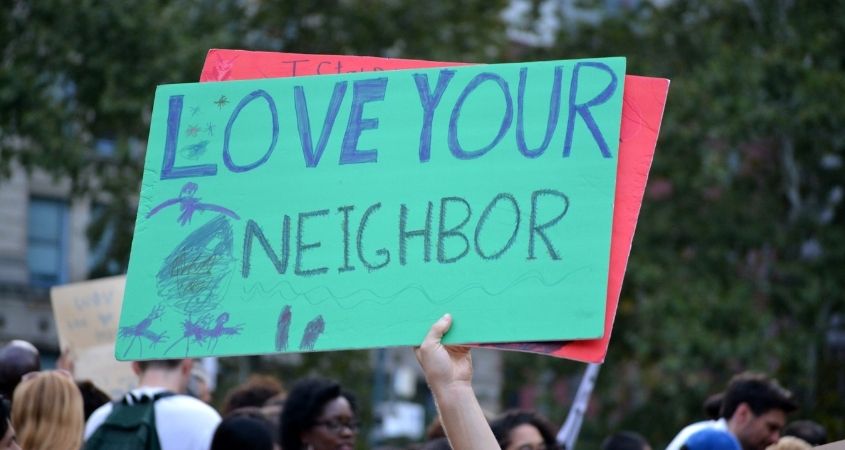
“The Trump administration ended TPS knowing the conditions in these countries are not safe for TPS holders to return,” said ISN’s director of education and advocacy for migration, José Arnulfo Cabrera. “Many TPS holders have been here for nearly two decades. They are a part of this country. Our faith teaches us that we must advocate for the most vulnerable—for humane immigration reform. We need the Senate to pass H.R. 6 to create a pathway to citizenship for these individuals.”
Cabrera spoke with Hector Ochoa, a parishioner St. Raphael the Archangel Catholic Church, a Jesuit parish in Raleigh, North Carolina, after the decision, who came to the U.S. from El Salvador in 1996, four years before TPS was issued to Salvadorans. He shared that TPS has provided an avenue for him to continue to live in the U.S. and raise his family without the threat of deportation. In a year, his son will be able to petition for Hector to become a permanent resident. “Knowing so many people who have TPS and knowing they’re going to lose it saddens me,” he shared. “I hope Catholics who don’t understand what TPS holders are going through right now can have compassion and put themselves in our shoes. We are humans, we suffer just like everyone else and we want to live like everyone else.”
In response to the decision, Archbishop José H. Gomez of Los Angeles, president of the U.S. Conference of Catholic Bishops (USCCB), Bishop Mario E. Dorsonville, auxiliary bishop of Washington, chairman of the USCCB’s Committee on Migration, and Sean Callahan, president and CEO of Catholic Relief Services, issued the following statement:
“The Ninth Circuit’s decision continues a heartbreaking path of uncertainty and fear for hundreds of thousands of TPS recipients needlessly put into motion by the Trump Administration. As detailed in our extensive work in Central America and the Caribbean, TPS countries such as El Salvador and Haiti cannot adequately handle the return of TPS recipients and their families. The spread of COVID-19 has only made conditions worse. Today’s decision will fragment American families, leaving, for example, over 192,000 U.S. citizen children of Salvadoran TPS recipients without their parents and with uncertain futures.
“Our nation must not turn its back on TPS recipients and their families; they too are children of God. We stand in solidarity with TPS recipients, who are here and have been living and working in the United States legally, and we will continue to do so with them in their countries of origin.
“We renew our call for the U.S. Senate to take up the American Dream and Promise Act, which the House passed last year. We stand ready to support such efforts. Without action by Congress, however, recipients’ lives will be upended. Congress must act to ensure that such catastrophic human consequences do not occur.”
“Temporary Protected Status serves as a lifeline for those who have been forcibly displaced from their homes, protecting them from deportation and granting them the right to work in the US,” said Joan Rosenhauer, Jesuit Refugee Service/USA executive director in a statement. “We must continue to protect and welcome TPS recipients, who have been legally living and contributing to communities in the US.” The statement went on to say that “In these challenging times as the world struggles with a global health pandemic, environmental crises, and strained resources impacting livelihoods, TPS serves as an important protection measure for those who need it most. This is not the time to abandon families, but instead the US must work alongside forcibly displaced people to find permanent pathways for their long-term safety and security.”
Anna Gallagher, executive director of Catholic Legal Immigration Network, Inc. (CLINIC) said about the decision: “Congress created Temporary Protected Status more than thirty years ago, rightly, because it would be unconscionable to deport people back to crisis and conflict. No family should be faced with the choice of either splitting up or moving their entire family, including U.S. citizen children, to a country where they face danger.“

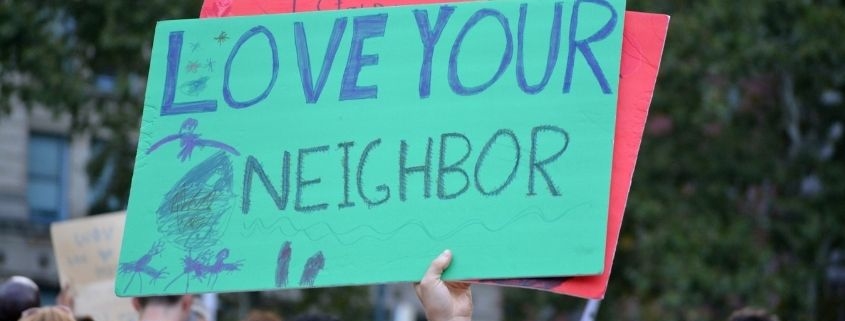
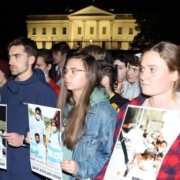
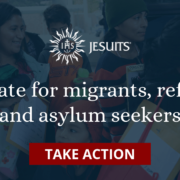
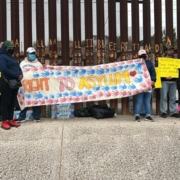
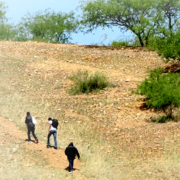



Leave a Reply
Want to join the discussion?Feel free to contribute!